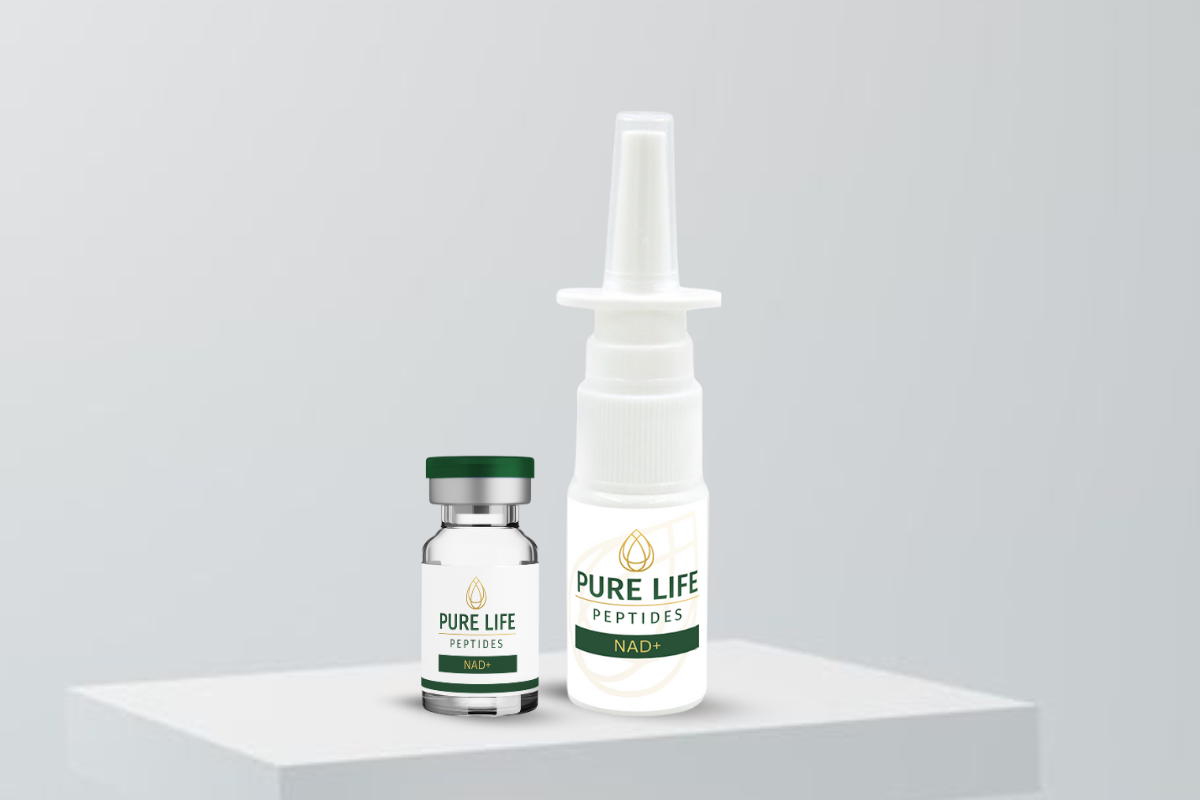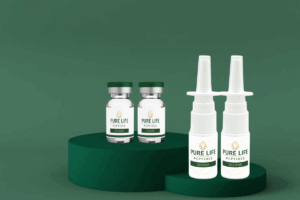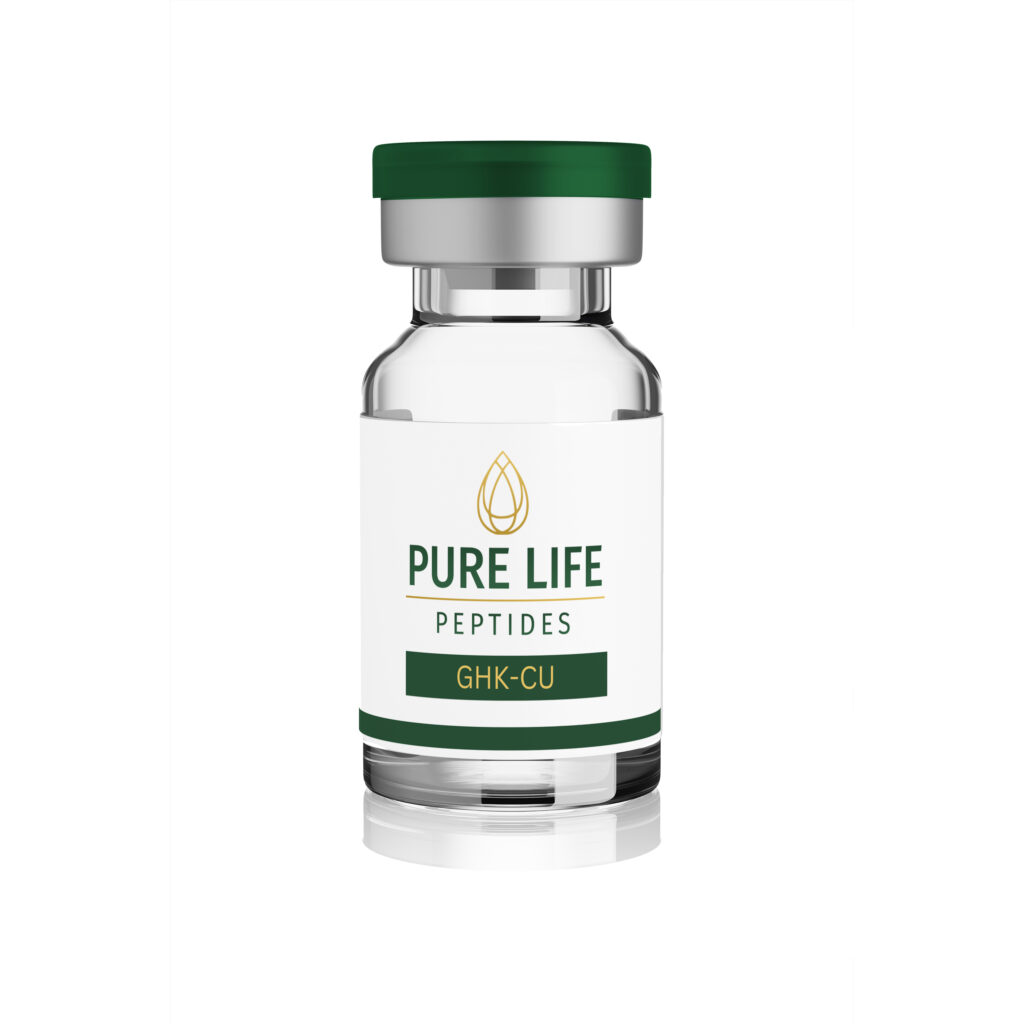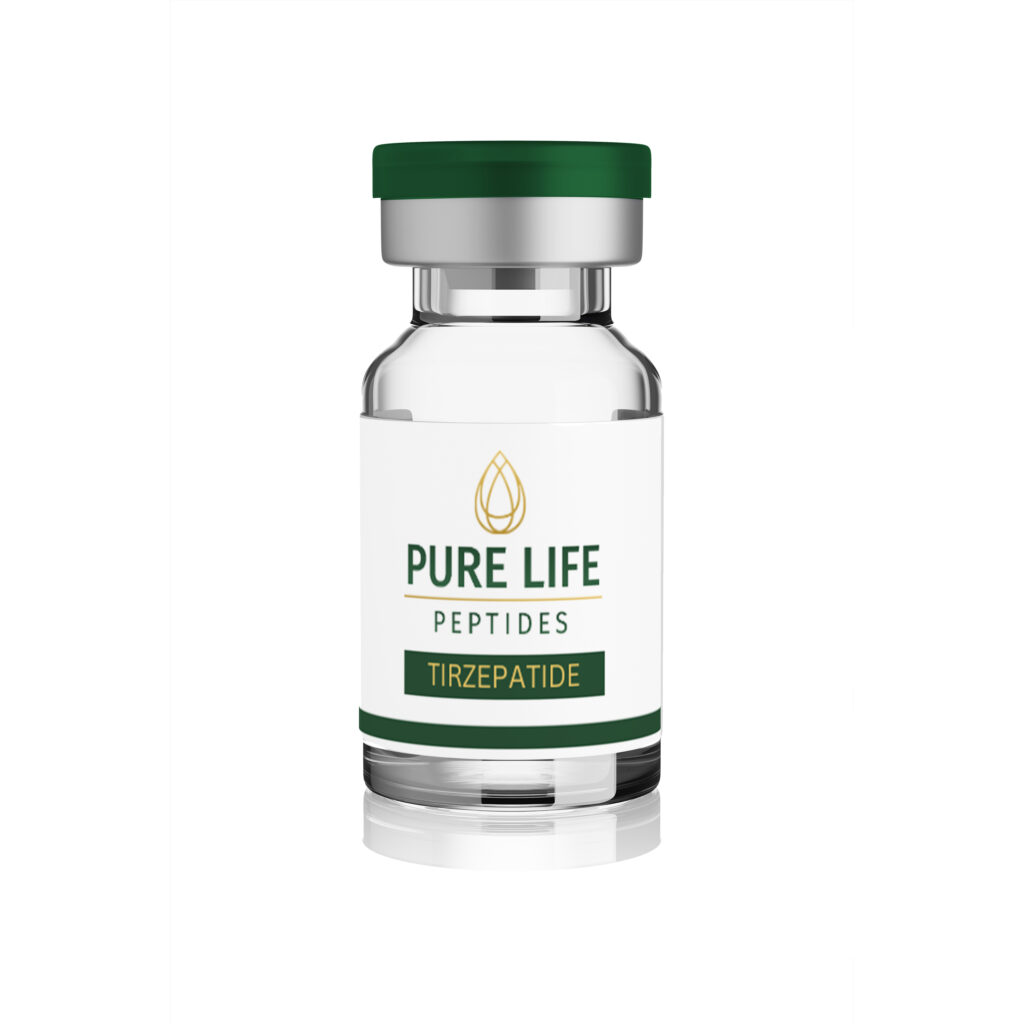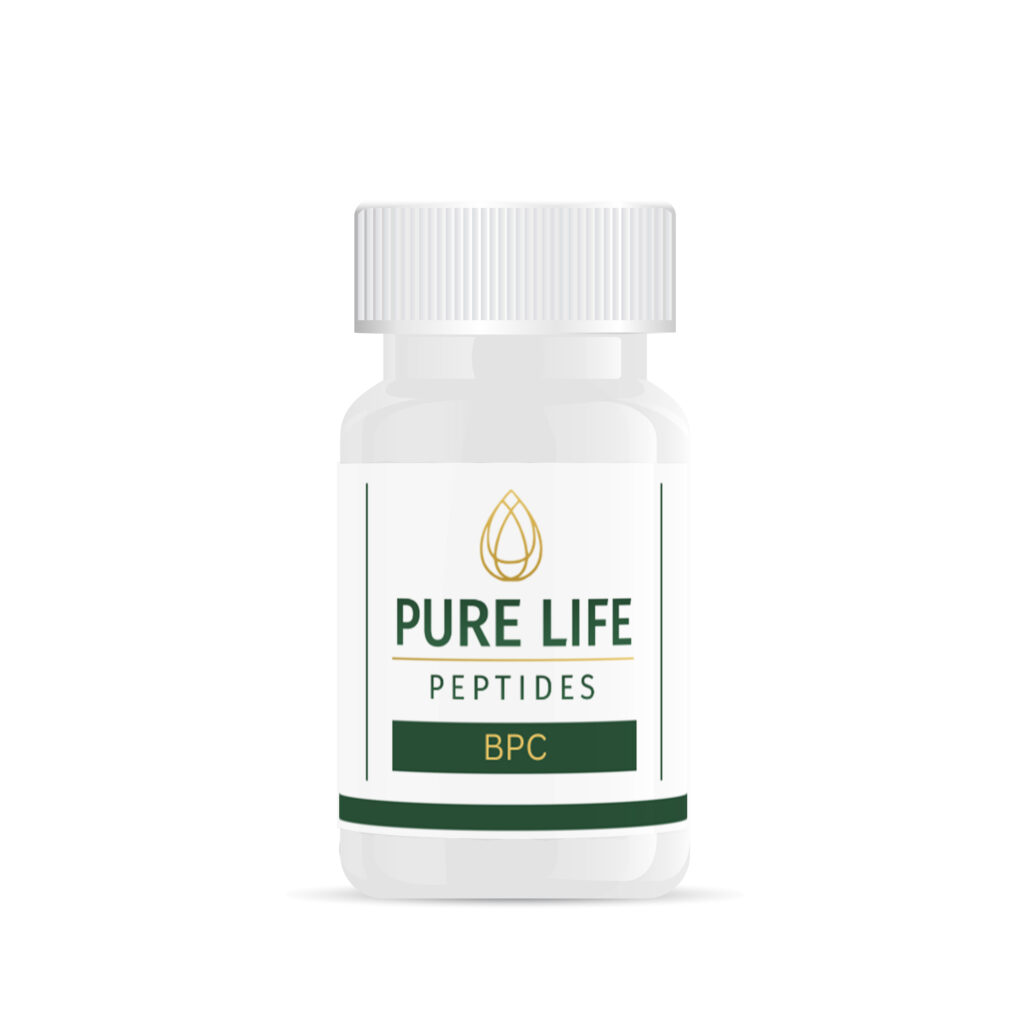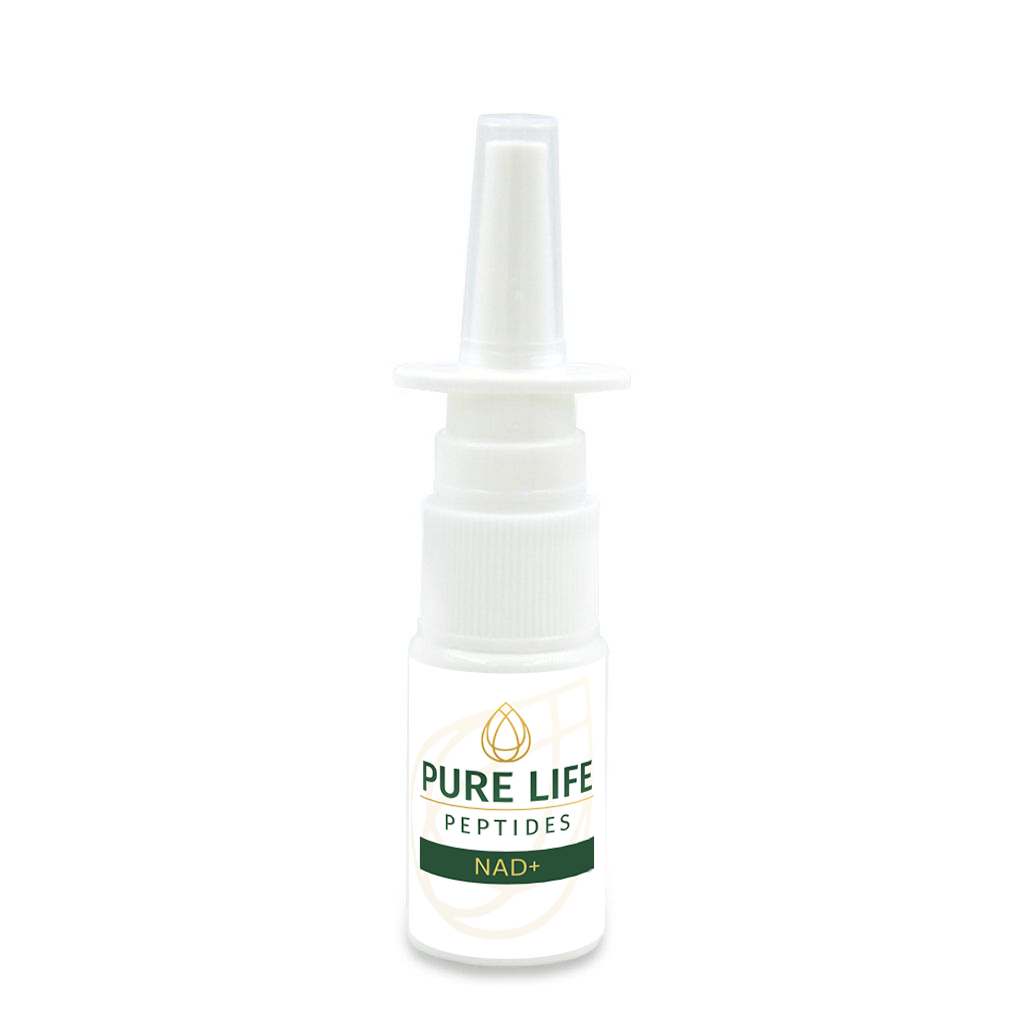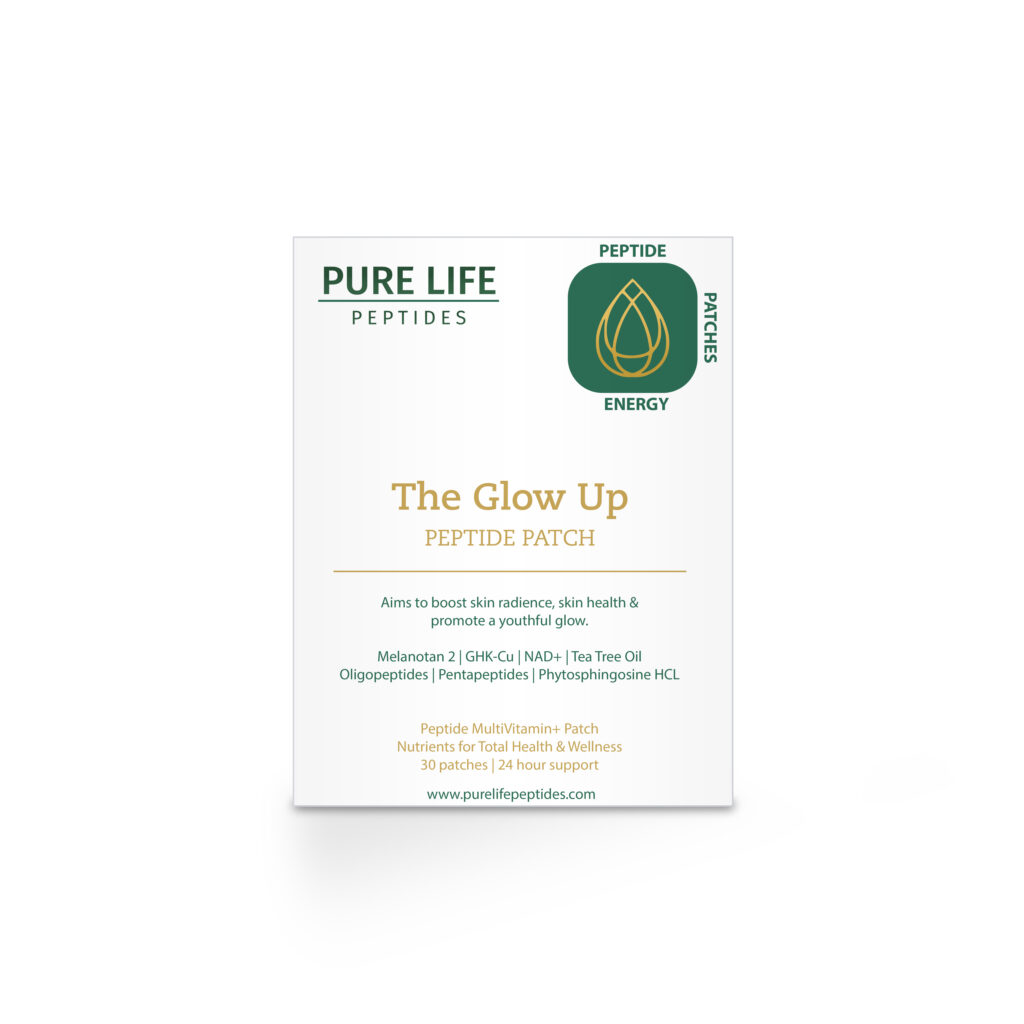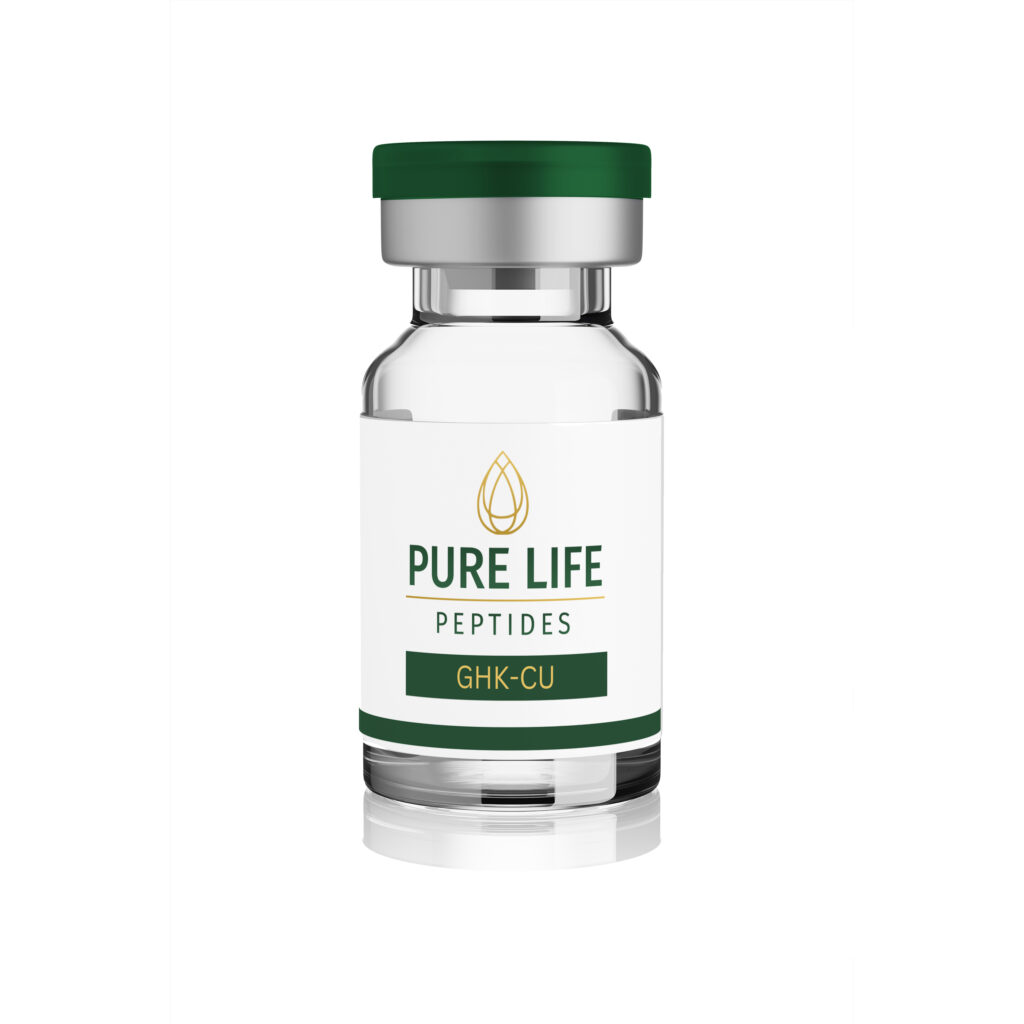Why do some people remain sharp, energized, and physically active well into their later years, while others experience noticeable decline much earlier? The answer may lie deep within our cells and their ability to generate energy, repair damage, and maintain optimal function. One key player in this process is NAD+ (nicotinamide adenine dinucleotide)—a crucial coenzyme that supports metabolism, cellular repair, and longevity.
As science continues to explore the intricacies of aging and metabolic health, NAD+ has emerged as a key factor in how we age, how our bodies fight disease, and how we sustain energy levels over time. Let’s take a closer look at NAD+, its role in cellular function, and how optimizing its levels may support longevity and overall well-being.
What Is NAD+ and Why Does It Matter?
At a cellular level, aging isn’t just about the number of candles on your birthday cake—it’s about how efficiently your body maintains, repairs, and fuels itself. NAD+ is essential for these processes, acting as a bridge between energy production, DNA repair, and metabolic balance.
NAD+ is a coenzyme derived from Vitamin B3 (niacin) and plays a vital role in:
- Fueling mitochondria, the “power plants” of our cells
- Repairing damaged DNA, preventing premature aging
- Regulating metabolism, influencing insulin sensitivity and fat storage
- Reducing oxidative stress, which contributes to aging and inflammation
Simply put, without NAD+, our cells wouldn’t have the energy or resilience to function optimally.
How NAD+ Powers Cellular Energy Production
One of the most critical functions of NAD+ is its role in ATP (adenosine triphosphate) production—the primary energy source that fuels nearly every biological process.
NAD+ facilitates energy generation through multiple pathways:
- Glycolysis – The process where glucose is broken down for energy, with NAD+ playing a role in electron transfer.
- Tricarboxylic Acid (TCA) Cycle – Also known as the Krebs cycle, where NAD+ helps produce energy-rich molecules.
- Electron Transport Chain – NAD+ donates electrons that drive ATP synthesis, fueling muscles, organs, and brain function.
When NAD+ levels decline, cells struggle to produce energy efficiently, leading to fatigue, metabolic dysfunction, and accelerated aging.
Beyond Energy: The Longevity Benefits of NAD+
While NAD+ is a powerhouse for energy metabolism, its influence extends far beyond ATP production. Research suggests that NAD+ plays a key role in:
1. DNA Repair and Cellular Maintenance
Every day, our DNA is exposed to damage from toxins, UV radiation, and oxidative stress. NAD+ supports enzymes known as PARPs (Poly ADP-ribose polymerases), which repair DNA breaks and maintain genome integrity.
- Studies indicate that low NAD+ levels reduce DNA repair capacity, potentially accelerating aging and increasing disease risk.
2. Sirtuins: The Longevity Proteins
Sirtuins are a family of proteins linked to cellular stress resistance, inflammation control, and metabolic health. NAD+ is a key activator of sirtuins, helping regulate:
- Mitochondrial function (enhancing energy metabolism)
- Circadian rhythms (influencing sleep and metabolic balance)
- Inflammation control (reducing chronic disease risks)
Some researchers believe that boosting NAD+ levels may enhance sirtuin activity, promoting a longer, healthier lifespan.
3. Brain Health and Neuroprotection
Cognitive decline is one of the most feared aspects of aging. Emerging evidence suggests NAD+ may help protect brain cells from degeneration, potentially reducing the risk of:
- Alzheimer’s disease
- Parkinson’s disease
- Age-related memory loss
One study found that NAD+ plays a crucial role in protecting neurons by reducing oxidative stress and enhancing cellular repair.
4. Cardiovascular Health and Blood Flow
Declining NAD+ levels have been linked to reduced vascular function, increased inflammation, and higher risks of cardiovascular disease. NAD+ supports:
- Healthy blood flow and circulation
- Lower blood pressure
- Reduced arterial plaque buildup
Some research suggests that NAD+ may improve endothelial function, which is critical for heart health and longevity.
Why NAD+ Levels Decline with Age
Despite its importance, NAD+ levels naturally decline as we age, decreasing by as much as 50% by middle age. Factors contributing to NAD+ depletion include:
- Chronic inflammation and oxidative stress
- Metabolic dysfunction (such as insulin resistance)
- Exposure to environmental toxins and UV radiation
- Dietary deficiencies in Vitamin B3 precursors
This decline is associated with:
- Reduced energy production and fatigue
- Increased DNA damage and slower cellular repair
- Higher risks of metabolic disorders like diabetes
- Accelerated neurodegenerative decline
This is why scientists and longevity experts are exploring ways to support and maintain NAD+ levels over time.
Ways to Support NAD+ Levels
Many individuals are looking for ways to naturally maintain or supplement NAD+ to promote cellular health and longevity. Some strategies include:
- Dietary Precursors – Consuming foods rich in Vitamin B3 (such as niacin, nicotinamide, and tryptophan) may provide raw materials for NAD+ production.
- Intermittent Fasting & Caloric Restriction – Studies suggest fasting may stimulate natural NAD+ synthesis and activate sirtuins.
- Regular Exercise – Physical activity increases NAD+ production and improves mitochondrial function.
- NAD+ Precursors (NR & NMN Supplements) – Nicotinamide riboside (NR) and nicotinamide mononucleotide (NMN) have been widely explored for their ability to enhance NAD+ levels.
Some studies indicate that NMN supplementation can restore NAD+ levels, improve mitochondrial function, and enhance metabolic health.
The Future of NAD+ in Longevity Science
As research into metabolism, cellular repair, and longevity advances, NAD+ continues to be at the center of cutting-edge discussions on aging and disease prevention. Whether through lifestyle interventions or supplementation, maintaining healthy NAD+ levels may be a key factor in promoting long-term vitality.
At Pure Life Peptides, Canada’s #1 Trusted Peptide Vendor, we are committed to providing education and high-quality peptide formulations to support advancements in metabolic health and longevity science.
For more insights into peptide science and longevity research, explore our latest educational resources at Pure Life Peptides.
